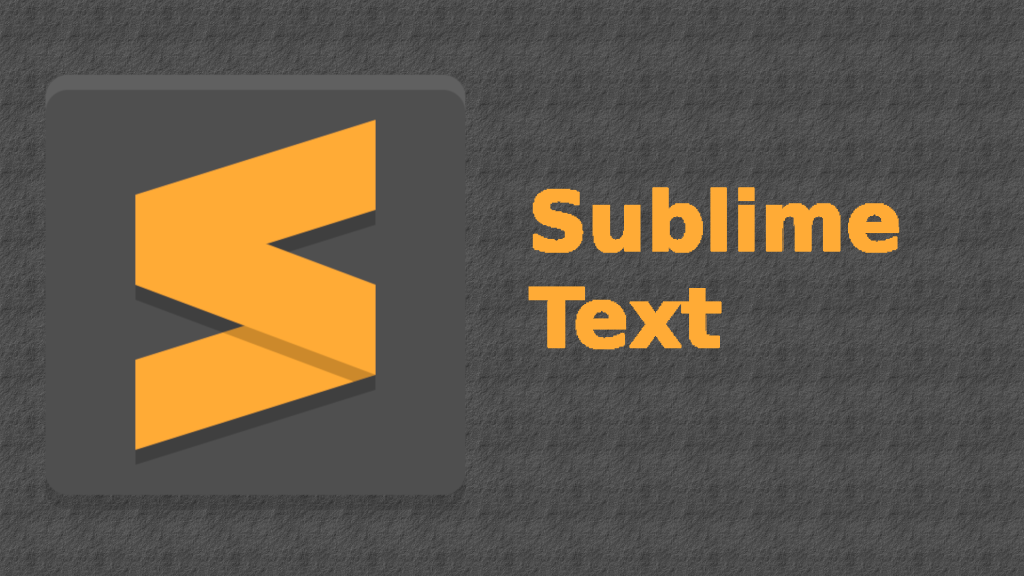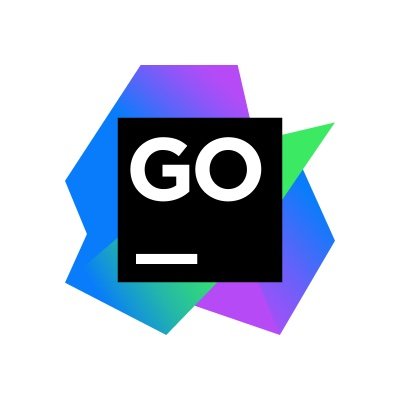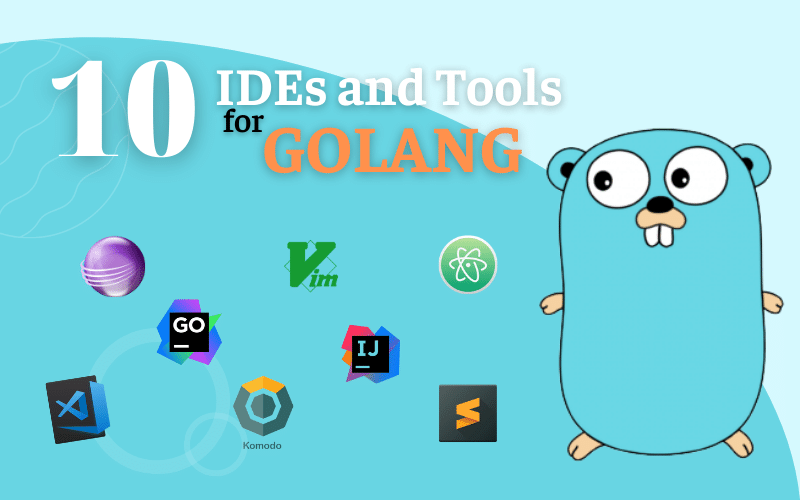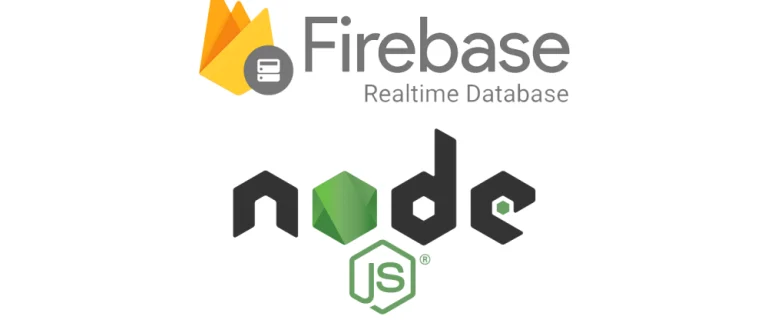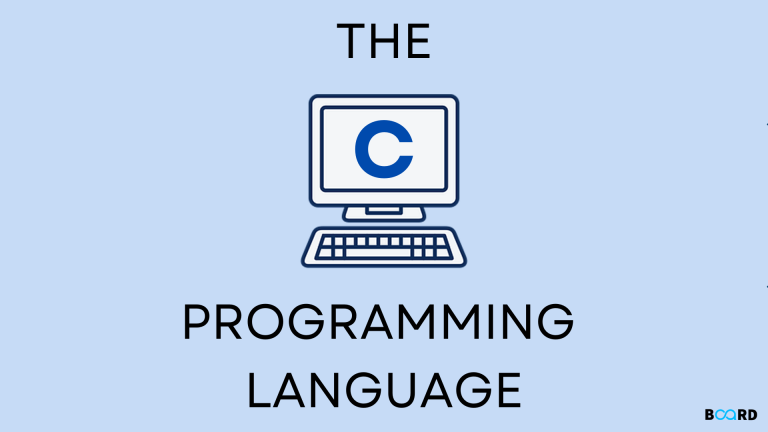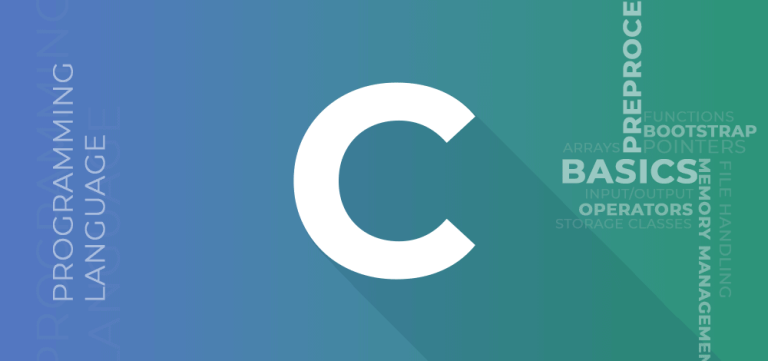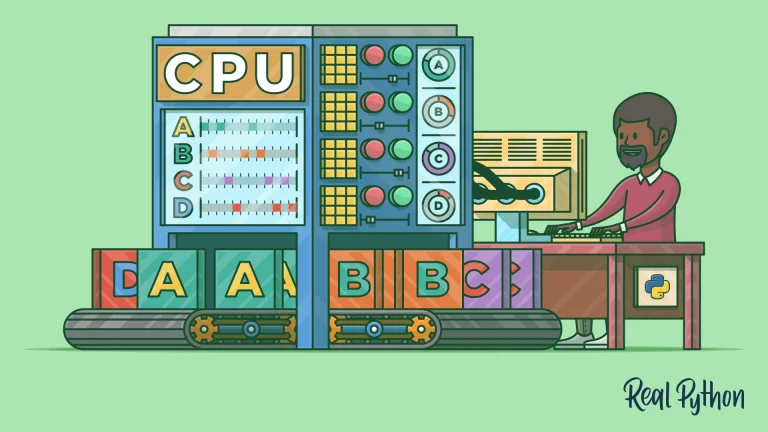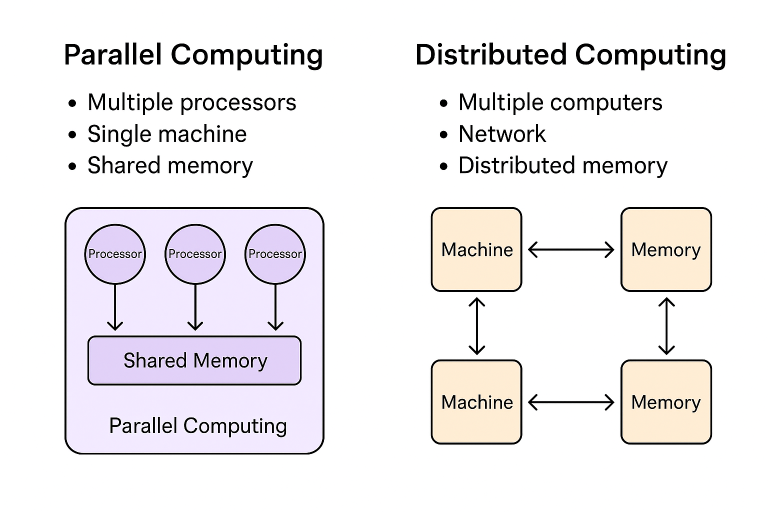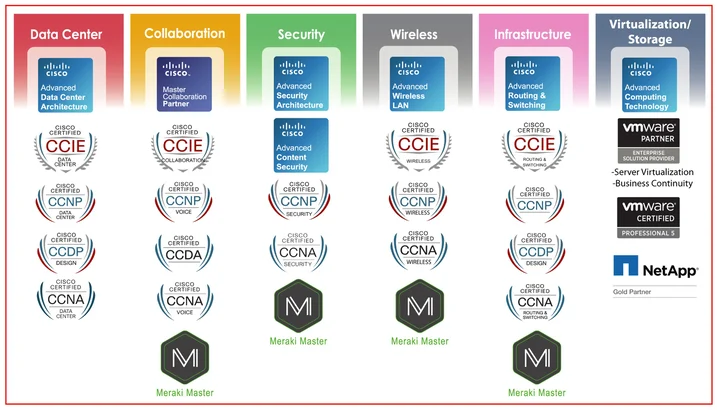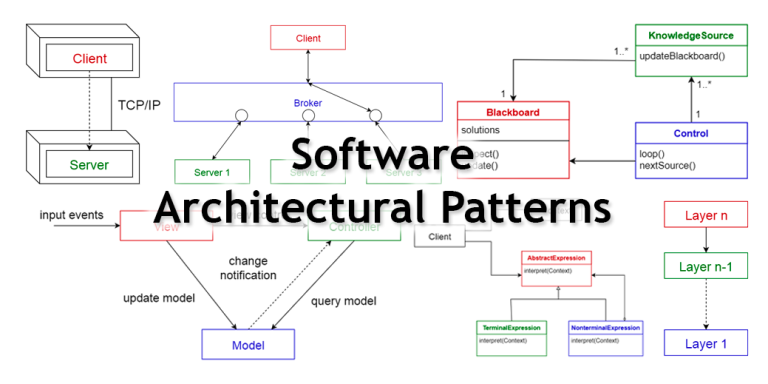As of my last knowledge update in January 2022, several integrated development environments (IDEs) and text editors are commonly used for Go (Golang) development. However, popularity can change, and new tools may emerge over time. As of the last update, some popular choices included:
VSCode is a widely used, free, and open-source code editor developed by Microsoft. It has a rich set of extensions that support Go development, providing features like IntelliSense, debugging, and syntax highlighting. The Go extension for VSCode is particularly well-maintained and widely adopted by the Go community.
GoLand is an IDE specifically designed for Go development by JetBrains, the company behind IntelliJ IDEA. It provides a comprehensive set of features tailored for Go programmers, including code completion, debugging, and refactoring tools. While it’s a commercial product, there is a free trial available.
Sublime Text is a versatile text editor known for its speed and simplicity. With the help of Go-related plugins, it can be turned into a powerful Go development environment. The GoSublime package is a popular plugin for Go development in Sublime Text.
- Atom:
Atom is an open-source text editor developed by GitHub. It supports Go development through various plugins, providing features such as code highlighting, autocompletion, and linting. Some popular Go-related packages are available to enhance the Go development experience in Atom.
- LiteIDE:
LiteIDE is a dedicated Go IDE that provides a simple and lightweight development environment. It includes features like code completion, project management, and integrated debugging. LiteIDE is designed to be easy to use and is popular among developers who prefer a minimalistic IDE for Go.
- Emacs with Go modes:
Emacs, a highly extensible text editor, has Go modes and packages that enable Go development. Go modes for Emacs provide syntax highlighting, autocompletion, and other features that make it a powerful choice for developers comfortable with Emacs.
Remember that the choice of IDE or text editor often comes down to personal preference. Many developers prefer lightweight editors with extensions, while others opt for more feature-rich IDEs. It’s recommended to try a few options and choose the one that best aligns with your workflow and preferences. Additionally, the Go community actively contributes to plugins and extensions for various editors, so the ecosystem may have evolved since my last update.

